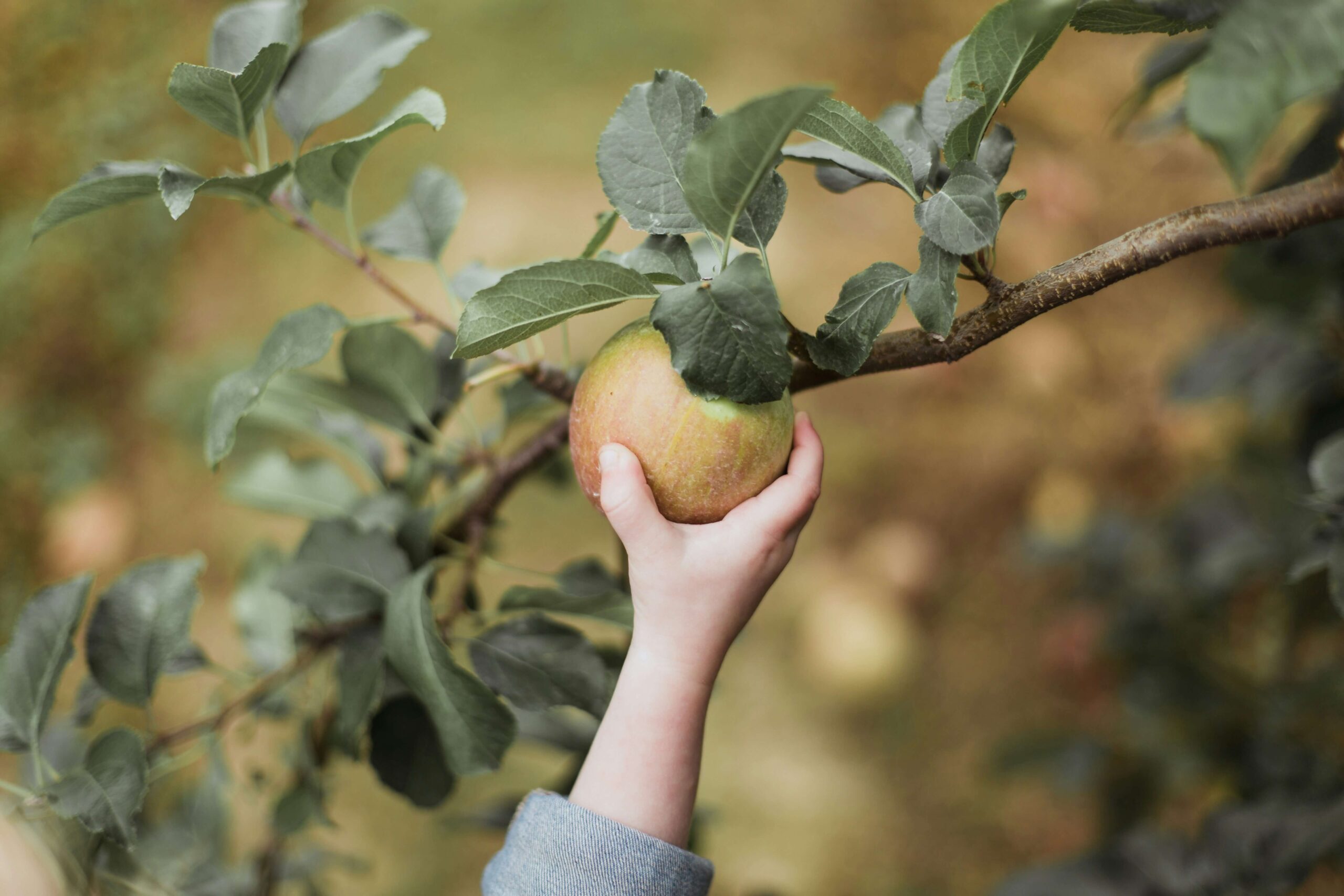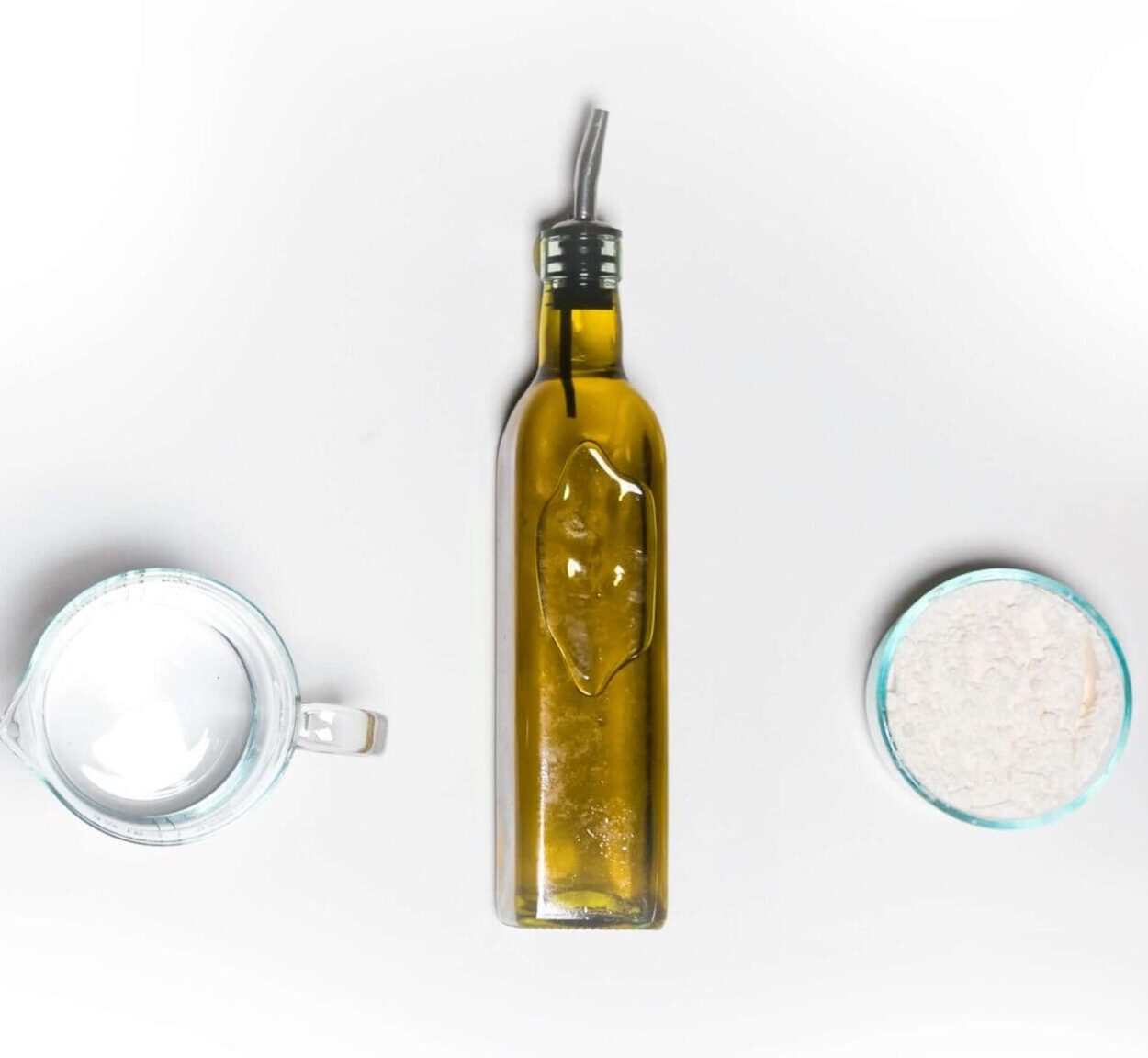Introduction
Hello friend! Today I want to talk about something that is a sore subject: supporting your child through cancer treatment. It can be truly excruciating to receive a diagnosis that your child has cancer. Today, we are going to discuss some ways to help support both your child’s nutrition and overall wellbeing as you two go through this together.
As a mom myself, I love my kids more than anything else in this world, and I wish I could take on any hurt they endure. As parents, we sometimes think that we are the ones that will experience chronic illness before our kids, but that is not always the case.
It’s not right – seeing them in pain. If you resonate with this, I want to tell you a few things.
1. You are doing an amazing job.
Seriously, mom, dad, parent, grandparent – whatever your role is in this child’s life. I see you juggling work, taking care of the rest of the family, and then taking your child to all their appointments, supporting them as they deal with symptoms, pain, and strong emotions. My heart hurts for you, and I wish I could hug you right now. You are so incredibly strong.
2. It’s ok not to feel ok.
You have full permission to feel all the emotions you are feeling right now: anger, confusion, sadness. I know you feel as though you have to be strong for their sake, but deep down you are terrified. I see you and I want you to know that it’s ok.
3. There is hope for your child.
With constant advances in technology and cancer research, more and more children overcome cancer and go on to lead healthy, happy, fulfilling lives.
4. You are not alone.
There are people who are going through the same things that you are, and your friends, family, and community are there to support you and your child during this time. Your healthcare team is also there for you. Their number one concern is how your child is doing, and they will answer any questions you may have.
Supporting Your Child’s Nutrition During Cancer Treatment
Emphasize a Balanced Diet for Your Child
Encourage your child to consume a diet that includes a variety of nutrient-rich foods from all food groups. Aim to include plenty of fruits, vegetables, whole grains, lean proteins, and healthy fats in their meals and snacks.
Picky child at home? Include them in the menu planning, grocery shopping, and preparation. Being involved in preparing the meal may make them more willing to try it when faced with it on their plate. This can also promote a sense of control during a challenging time.
Lead by example by also following a balanced diet. Get the entire family to try following healthier habits.
Remember that it’s okay to include fun food for enjoyment and maintain that sense of normalcy. It also helps to nourish a healthy relationship with food that they will carry on with them into adulthood.
Hydration
Ensure that your child stays well-hydrated by encouraging them to drink plenty of fluids throughout the day. Offer water, herbal teas, clear broths, and diluted fruit juices to help prevent dehydration. Make hydration fun with smoothie freeze-pops to enjoy in the summertime.
Manage Side Effects for Your Child
Depending on your child’s treatment and side effects, they may have specific nutritional needs or challenges. For example, children undergoing chemotherapy may experience changes in taste, appetite, or digestion. Work with your healthcare team to address your child’s specific issues and find suitable solutions.
It may be helpful to offer small, frequent meals and snacks throughout the day. Regular eating can help maintain energy levels and prevent nausea or vomiting. Include protein-rich snacks like yogurt, cheese, nuts, or nut butter for sustained energy. If your child experiences mouth sores, offer soft, bland foods like mashed potatoes, yogurt, or smoothies.
Supplements
If you want to give your child a supplement, make sure you consult with your healthcare team to ensure it will not interact with your child’s treatment. Your child’s doctor may even prescribe a dietary supplement to address nutritional deficiencies or support their overall health during treatment. This may include vitamins, minerals, or nutritional shakes.
Food Safety
Practice proper food safety measures to reduce the risk of foodborne illness, which can be particularly dangerous for children with weakened immune systems due to cancer treatment. Ensure that all foods are cooked, stored, and handled safely to prevent contamination. Encourage your little one and the whole family to practice good hand hygiene before preparing food, between stages of food preparation, and before eating meals and snacks.
Monitor Growth and Development
Unlike adults who have the goal to maintain weight during treatment, children are supposed to grow, even during treatment. Keep track of your child’s growth, weight, and overall nutritional status throughout their cancer treatment. They may require more frequent snacks, fortified foods, and even oral nutrition supports to prevent weight loss and promote weight gain. If you have concerns about their nutrition or growth, discuss them with your healthcare team promptly.
Supporting Your Child Holistically During Cancer Treatment
Children going through cancer treatment have more than just physical health needs. They may have social, emotional, or mental health concerns that arise during this difficult time. Here are some ways to support them:
Open Communication
Be honest and open with your child about their diagnosis and treatment plan in an age-appropriate manner. Encourage them to ask questions and express their feelings, and reassure them that it’s okay to feel scared, sad, or angry.
Help them understand what to expect during treatment, including any procedures, side effects, and changes to their daily routine. Use simple language and visual aids if necessary to help them grasp difficult concepts.
Whenever possible, involve your child in decisions about their treatment and care. Empowering them to have a say in their own healthcare can help them feel more in control and less anxious.
Offer your child plenty of love, support, and reassurance throughout their treatment journey. Let them know that you are there for them every step of the way and that you will do everything you can to help them feel better.
Maintain Normalcy for Your Child
Try to maintain a routine as much as possible, even during treatment. This can help provide stability and predictability for your child during an otherwise turbulent time.
Keep your child connected with their school and friends to the furthest extent, even if they are unable to see them in person. Arrange for virtual visits with friends, and keep teachers and classmates informed about your child’s condition and any specific needs they may have.
On the Hard Days
As much as you try to maintain a sense of normalcy, they are going through something that is not normal for most children and they may need additional support during this time.
Encourage them to express their feelings through writing, drawing, or talking to a trusted adult or therapist. Art therapy and play therapy can be particularly helpful for children who may have difficulty verbalizing their emotions.
Offer distractions and comfort measures to help your child cope with the physical and emotional challenges of treatment. This may include favorite toys, books, movies, or activities that they enjoy. Spending time in nature and with animals can be particularly therapeutic.
Celebrate milestones, no matter how small, and acknowledge your child’s bravery and resilience throughout their treatment journey. Positive reinforcement can help boost their morale and sense of accomplishment.
Conclusion
Every child and every child’s journey is vastly different. You know your child better than anyone. You know what they need to feel better; you know what works for them and what doesn’t. You are going to all their appointments; you are holding them when they are scared. You do so much. Remember to take care of yourself as well. You can’t pour from an empty cup. Together, you will make it through this.
You might feel overwhelmed with questions like “Should kids take supplements?”, “How do I get them to eat more veggies?” or “Are they growing enough?” Unfortunately, Dr. Google doesn’t always provide the clearest answer. That’s where I come in: as a mom and cancer dietitian of over 10 years, I will support your child’s unique nutrition needs during this time, so that you are confident in your food choices and so that your child has the energy to chase their siblings, play with their friends—and just be a kid. Click here to learn more about my Pediatric Coaching Program.
This blog is not intended as medical nutrition therapy, medical advice, or diagnosis and should in no way replace consultation or recommendation from your medical professional.



